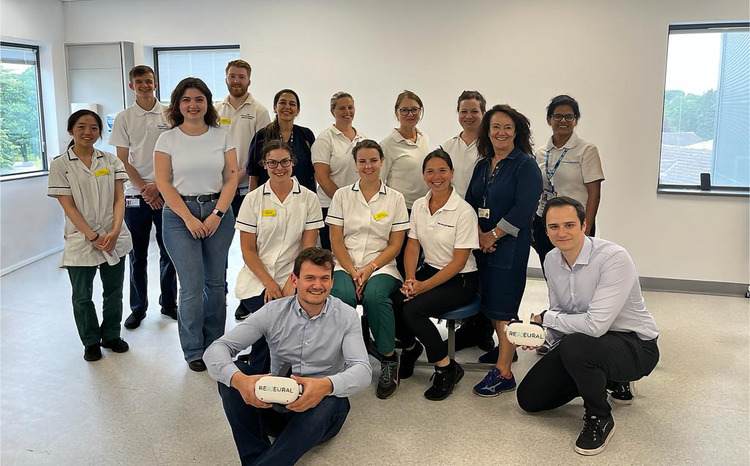Six NHS mental health exemplars to get £5m each
- 20 December 2016

NHS England is freeing up more money for a second wave of digital exemplars focused on mental health.
Digital Health News understand that NHS England has invited eleven mental health, community and combined trusts to apply to become digital exemplars.
Of those, it is expected six will eventually be selected and receive £5 million each in central funding to help improved their digital maturity.
It is understood that the following trusts have been invited to apply:
– Mersey Care NHS Foundation Trust
– Northumberland, Tyne and Wear NHS Foundation Trust
– Cheshire and Wirral Partnership NHS Foundation Trust
– Berkshire Healthcare NHS Foundation Trust
– 2gether NHS Foundation Trust
– South London and Maudsley NHS Foundation Trust
– Tees, Esk & Wear Valley NHS Trust
– South Staffordshire and Shropshire Healthcare NHS Foundation Trust
– Oxford Health NHS Foundation Trust
– South Essex Partnership University NHS Foundation Trust
– Birmingham and Solihull Mental Health NHS Foundation Trust
The £5m indicated per exemplar is half of the £10m available to 12 acute or ‘global’ digital exemplars revealed in September.
NHS England allocated £100 million to the first round of exemplars and additional funding will be likely needed, probably from the Paperless 2020 fund, for the second round.
One NHS digital leader told Digital Health News that less money was available for mental health partly because most trusts in this sector were already digitalised.
“Mental health trusts aren’t like their acute counterparts, which have still not digitised. Most have done their big digitisation projects and have electronic patient records. So the scope for spending vast amounts on something, like Cambridge on Epic, is a lot less.”
The biggest problem for mental health trusts seeking to improve their digital performance was that the small range of “first generation of mental health EPR systems are all pretty limited”. Key gaps in functionality included areas like mental health in-patients and community e-prescribing, he said.
“If NHS England wanted to really be bold in creating global digital exemplars in mental health they should maybe look at supporting a serious joint mental health open source initiative to disrupt the market.”
The digital exemplar programme arose from recommendations in Bob Wachter’s review of NHS IT, published in September.
That review recommended, among other things, splitting trust into three groups based on digital maturity and funding the most advanced trusts first. These trusts, what the government called the digital exemplars, would then provide blueprints for less advanced trusts to quickly follow.
The approach has been criticised for leaving struggling trust further behind and being too heavily focused on the acute sector.
At the time the acute exemplars were announced, health secretary Jeremy Hunt said they would be a second round of national digital exemplars, which would be able to access £5 million in funding each. It is not clear whether the mental health exemplars are in addition or a replacement for that group.
The invitation sent to potential mental health exemplars asks for a high-level description of the projects for which they need funding, how they will share and learn from others, their governance arrangements, including clinical leadership, and how they will manage clinical risk.
An NHS digital leader told Digital Health News that the application criteria “appear relatively open, in terms of projects they will consider funding”.
For the acute exemplars the criteria were more specific and prescriptive, requiring applicants to achieve a basket of advanced EPR, analytics and population health management objectives.
The first briefing call on the mental health exemplars was expected today and applications for the mental health exemplars must be submitted by 19 January, 2017.




